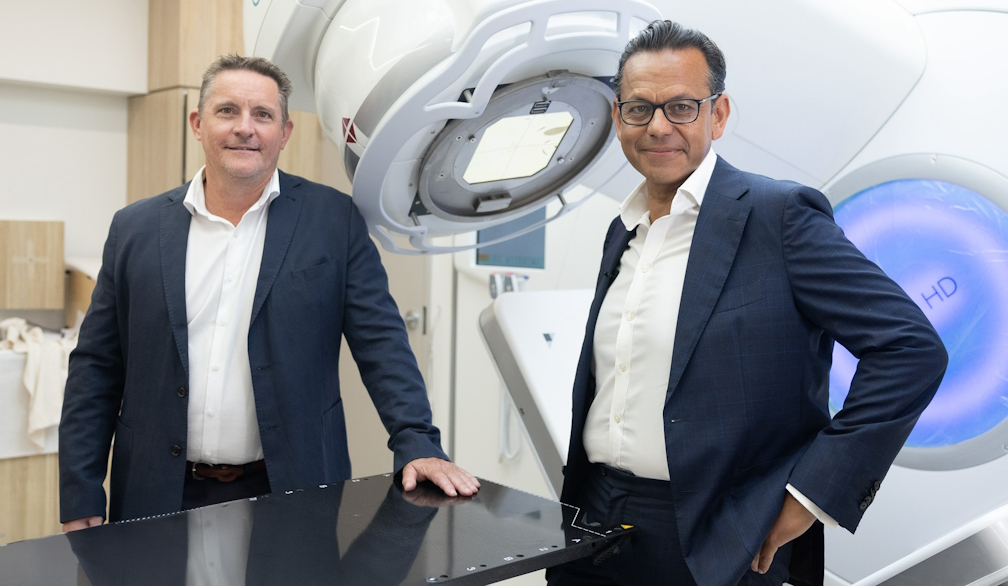The Role of Medical Clinics in Promoting Community Health

Introduction
In today’s fast-paced world, access to quality healthcare is more important than ever. Medical clinics play a vital role in ensuring that communities receive the care they need, whether it's for routine check-ups, vaccinations, or urgent medical attention. This article explores the various functions of medical clinics, their significance in the healthcare system, and what patients can expect during their visits.
Understanding Medical Clinics
A medical clinic is a healthcare facility that provides outpatient services. These clinics are typically staffed by a team of healthcare professionals, including doctors, nurses, and support staff. Unlike hospitals, which cater to more severe cases and require overnight stays, clinics focus on preventive care and the management of chronic conditions. They are often more accessible and can offer services at a lower cost.
Key Services Offered by Medical Clinics
- Routine Check-Ups
Regular health check-ups are essential for maintaining overall well-being. Medical clinics provide comprehensive physical examinations, enabling healthcare professionals to monitor vital signs, detect potential health issues early, and recommend lifestyle changes to improve health.
- Preventive Care
Preventive services, such as vaccinations, screenings, and health education, are crucial in reducing the risk of diseases. Clinics often offer immunization programs for children and adults, promoting community health and preventing outbreaks.
- Chronic Disease Management
For individuals living with chronic conditions like diabetes, hypertension, or asthma, medical clinics provide ongoing management and support. Regular visits allow healthcare providers to adjust treatment plans, monitor progress, and educate patients on self-care strategies.
- Minor Urgent Care
Medical clinics can address minor injuries and illnesses that don’t require emergency room attention. This includes treatments for cuts, sprains, and infections, allowing patients to receive timely care without the long wait times typically associated with hospitals.
- Mental Health Services
Many medical clinics are expanding their services to include mental health care. This includes counseling, therapy, and psychiatric services, addressing the growing need for mental health support in communities.
Choosing the Right Medical Clinic
Selecting the right medical clinic is crucial for ensuring quality healthcare. Here are some factors to consider:
- Location and Accessibility
Choose a clinic that is conveniently located, with easy access to public transport or parking facilities. This can significantly affect your ability to attend appointments regularly.
- Services Offered
Ensure that the clinic provides the services you need. If you have specific health concerns or require specialized care, verify that the clinic has the necessary resources and expertise.
- Staff Qualifications
Research the qualifications and experience of the healthcare professionals at the clinic. A qualified and experienced team can provide the best care tailored to your needs.
- Patient Reviews
Reading patient reviews can offer insights into the quality of care provided at the clinic. Look for feedback on staff professionalism, wait times, and overall patient satisfaction.
- Insurance Acceptance
Confirm whether the clinic accepts your health insurance plan. Understanding the cost of services beforehand can help avoid unexpected expenses.
What to Expect During Your Visit
Visiting a medical clinic can be a straightforward process. Here’s what to expect:
- Appointment Scheduling
Most clinics allow you to schedule appointments online or over the phone. Ensure you provide accurate information about your health concerns during scheduling.
- Patient Intake
Upon arrival, you’ll typically fill out an intake form that includes your medical history, current medications, and any allergies. This information helps the healthcare team understand your needs better.
- Consultation and Examination
A healthcare provider will meet with you to discuss your health concerns and conduct a physical examination if necessary. This is your opportunity to ask questions and express any concerns.
- Treatment Plan
After the consultation, the provider will develop a treatment plan tailored to your needs. This may include prescriptions, referrals to specialists, or recommendations for follow-up visits.
Conclusion
Medical clinics are essential in promoting community health by providing accessible, affordable, and comprehensive healthcare services. Understanding their role and the services they offer can empower individuals to take charge of their health. By choosing the right clinic, you can ensure that you and your family receive the care you need for a healthier future.







